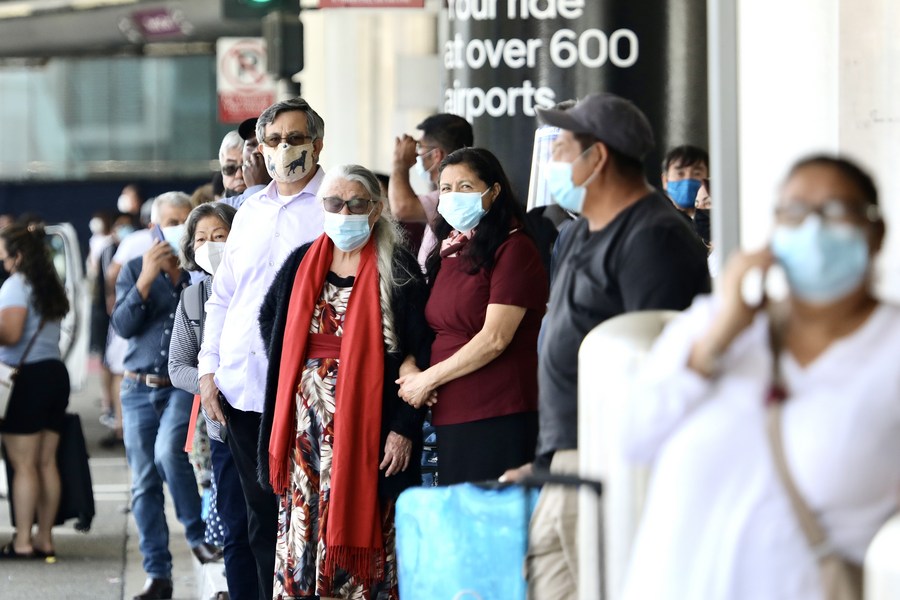China calls for tracing COVID-19 origin in multiple countries, regions
 0 Comment(s)
0 Comment(s) Print
Print E-mail Xinhua, July 22, 2021
E-mail Xinhua, July 22, 2021

China hopes that the World Health Organization (WHO) will genuinely treat the novel coronavirus origin-tracing work as a scientific issue, get rid of political interference, and actively and prudently promote the tracing work to be carried out continuously in multiple countries and regions around the globe, said a senior official of the National Health Commission (NHC) on Thursday.
What has been carried out in the first stage of origin tracing, especially those that have reached a clear conclusion, should not be repeated, said Zeng Yixin, deputy head of the NHC, at a press conference on the novel coronavirus origin-tracing work held by the State Council Information Office in Beijing.
What should be carried out is the origin tracing of early cases, molecular epidemiology and intermediary hosts in multiple countries and regions on the basis of extensive consultations among WHO member states, Zeng said.
According to an agreement between China and the WHO in July 2020, a WHO team comprising international experts arrived in Wuhan on Jan. 14. They formed a joint body with Chinese experts for the Chinese part of the global study on the origins of the novel coronavirus, he said.
The team studied a massive amount of epidemic-related data and visited nine facilities, including Wuhan Jinyintan Hospital, Huanan seafood market, and the Wuhan Institute of Virology, under the Chinese Academy of Sciences. The team conducted extensive exchanges with local medical workers, lab researchers, scientists, and market managers. They also interviewed social workers, community workers, residents, and patients who had recovered, said Zeng.
Among the outcomes of the joint study, a coronavirus highly similar to the novel coronavirus in gene sequences was found in bats and pangolins. But the similarity is not enough to make it a direct ancestor of the novel coronavirus.
The experts identified four hypotheses for the source of transmission of the novel coronavirus to the human population, including direct zoonotic spillover, cold-chain food, an intermediary host species, and a laboratory-related incident.
The joint study said that a laboratory incident is "extremely unlikely" as the cause of COVID-19.
It said introduction through an intermediary host species is "the most likely" passway.
If any country needs further study on laboratory-related sources, Chinese experts suggest it go to nations that have labs similar to the one in Wuhan which haven't been investigated, to learn more about possible leakage problems, said Liang Wannian, the team leader from the Chinese side of the joint group.
Liang added that in the joint study, Chinese experts showed foreign experts the data from 174 early cases, worked with them on analyzing the information, and came to the conclusion together.
To protect the patients' privacy, Chinese experts did not provide raw data to foreign experts to which the latter expressed full understanding and said that it was an international practice, he added.





